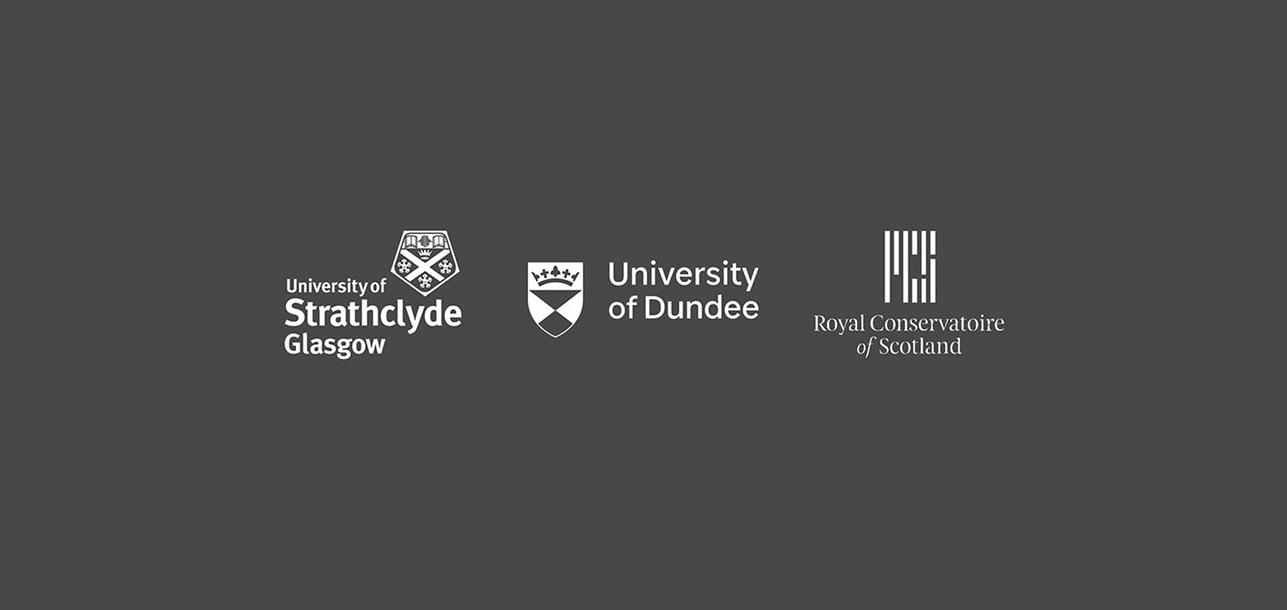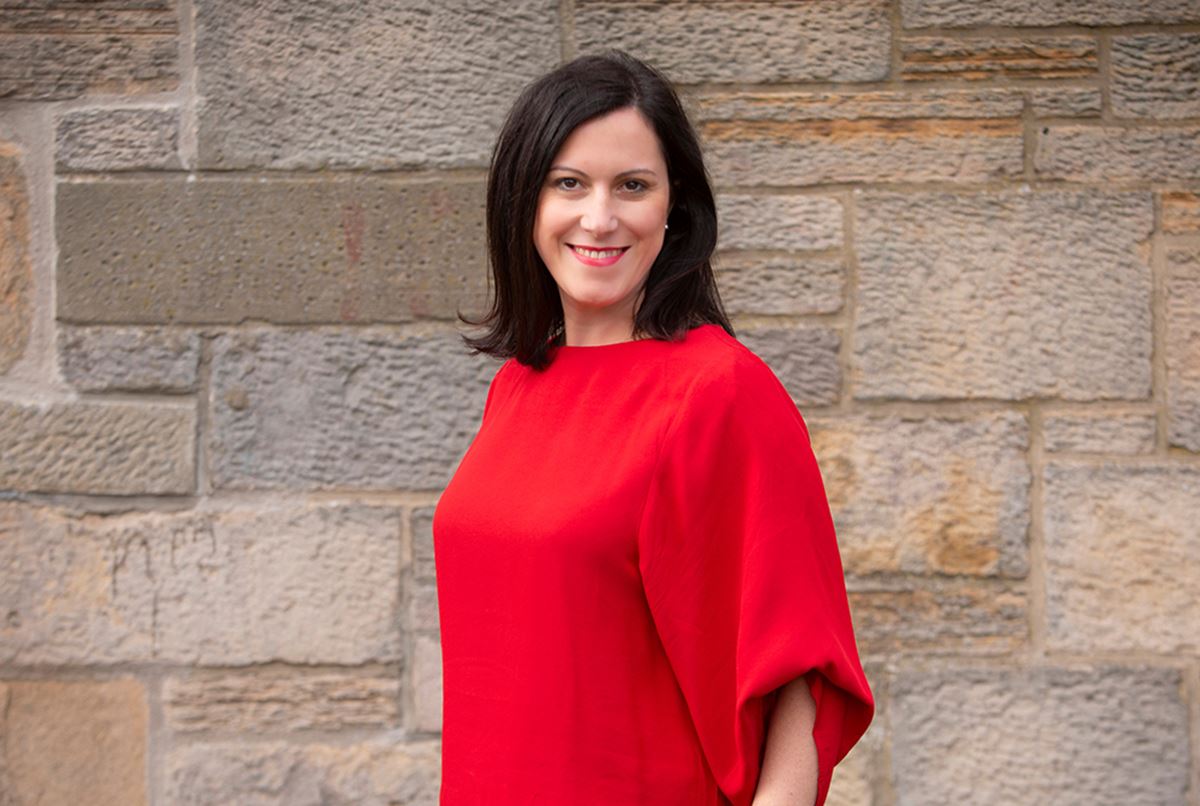
Academic entrepreneurs from across Scotland’s university sector are now through to the next stage of the Converge programme. Split across four challenge categories – Converge, Creative, Impact and KickStart – all 18 of Scotland’s universities are represented in the final shortlist.
A novel vaccine production platform that could prove decisive in the battle against Streptococcus, a social robot designed to promote and instil handwashing behaviour in schoolchildren, and an electric alternative to the jet engine to enable sustainable flight - these are just some of the revolutionary ideas that have made it to the 2021 semi-finals of Converge, Scotland’s largest company creation programme for the university sector.
"I’m always amazed at the inventiveness and creativity of the projects coming through Converge and, despite the difficult times we’re experiencing, this year is no exception," comments Dr. Claudia Cavalluzzo, Director of Converge. She continues, "Starting a business right now might seem counterintuitive. However, as the history books show, difficult business environments can offer rich opportunities with moments of crisis serving as a powerful impetus for innovation. We can’t wait to get started and would like to congratulate all our semi-finalists on getting through to this stage".

In the life sciences are a number of projects that could help democratise the availability of life saving medicines by significantly reducing their production costs. Among them is Helge Dorfmueller, a University of Dundee lecturer, who has created RhaPSeda, a novel vaccine production platform that could prove decisive in the battle against StrepA, a contagious bacteria that kills 500,000 people annually, mainly from low-income countries. Despite a 100-year hunt for a vaccine, none currently exists with the pathogen showing increasing signs of antibiotic resistance. RhapSeda’s patented technology significantly reduces manufacturing costs, taking us a step closer to a worldwide solution to this global killer.
In the wellbeing space is Yvonne Wryoslawska, a graduate from the Royal Conservatoire of Scotland, who is looking to harness the power of music to address postnatal depression which affects between 10-15% of new mums in the UK.
Meanwhile, Mako Aerospace Ltd, founded by University of Strathclyde graduate, Kieran Duncan, is one of a number of net zero focused projects to make it through to this year’s semi-finals. The company is on a mission to create the engine technologies required for sustainable flight with their first product, an electric alternative to the jet engine, reducing aircraft fuel costs by up to 60% and enabling all-electric flights on today’s battery technology.
This year’s list of nominees also includes early-stage projects that are taking their first steps of the commercialisation journey. A clear trend this year is for projects with an environmental mission at their heart including renewable biomass briquettes, an advanced robotic system that sifts out contaminants at recycling centres and natural plant-based yarns for sustainable fashion which are homegrown and spun in the UK.
In 2020, i4pd provided the Converge programme with £25,000 worth of support including free product design consultancy services and technical advice to approximately 90 developing businesses. The main recipients of this support included the winners of the 2020 competition; The Aquaponics Garden, Connex Solar, Earth Blox, Flux Solutions, Ten Bio, and Yaldi Games, each of which have received support throughout their product design journey into 2021. So far the support provided has been wide ranging including logo design, animation, UX and complex mechanism designs.
Copyright © 2024 i4 Product Design Ltd. All rights reserved. | Privacy Policy